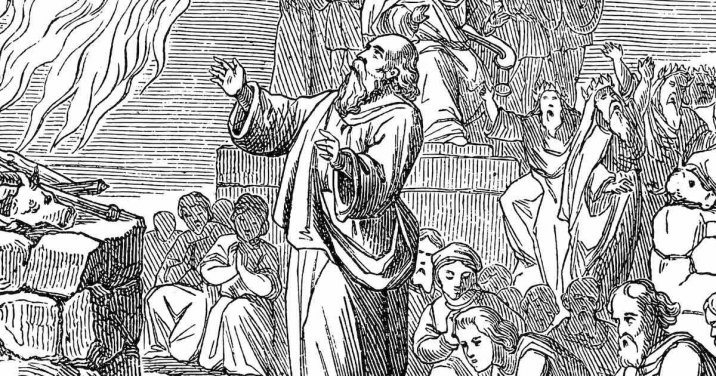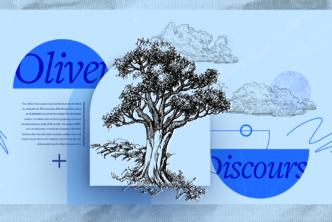When I read passages in the Old Testament I always come across the god Baal. This is usually a bad thing for the people of Israel. It seems that they could not help chasing after this deity with gusto. Many rich stories concerning the rulers and prophets of Israel include this nemesis, such as Elijah’s showdown on Mount Carmel (1 Kings 17-18) or Gideon’s nighttime vandalism (Judges 6:25-32).
So to understand Israel’s difficulty with Baal and how God worked within their lives, we need to understand how Baal was viewed at that time. The best place to gain that understanding is by looking at ancient Ugaritic literature. Ugarit was an ancient kingdom located just north of Israel where modern Syria exists today. There is extensive information in Ugaritic literature about Baal, who was known as the “king of the gods” or “the Rider on the Clouds.” Take a look at Dr. Mike Heiser’s excellent write-up “What’s Ugaritic Got to Do with Anything?”.
Understanding the theological environment of ancient Israel gives greater meaning to the stories of Israel’s great trials with, and triumphs against, false idols. God was with them through it all, but it was painful at times. That helps us address modern issues such as: Where do our true loyalties lie? What separates a true Christian from a mostly Christian? How do idols creep into our belief system unnoticed?
I love teaching the story of Elijah and the showdown at Mount Carmel. Whether re-enacting it with kids or walking through the story with adults, it never loses its magic. Understanding how big and important the adversary was, and how little and powerless Elijah was, shows us how almighty and loving our God is. I found Peter Craigie’s book Ugarit and the Old Testament to be a good introduction to the Ugarit people and beliefs. This can be found in the Introduction to the Old Testament Collection. For a more in-depth look at the Ugaritic language and texts look at to the Ugaritic Library.





